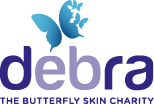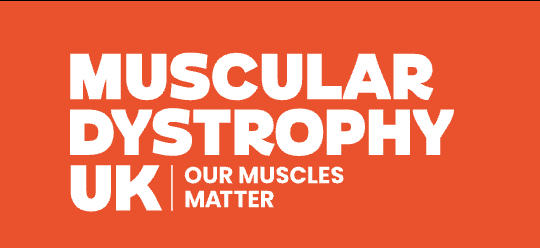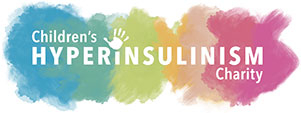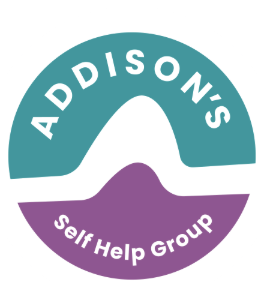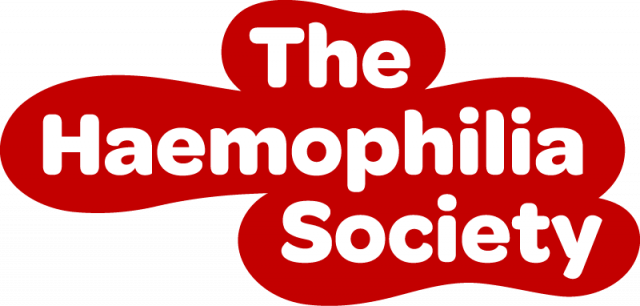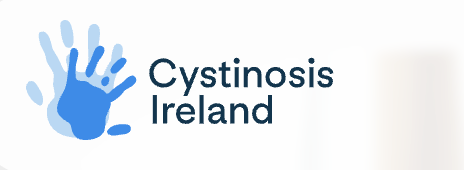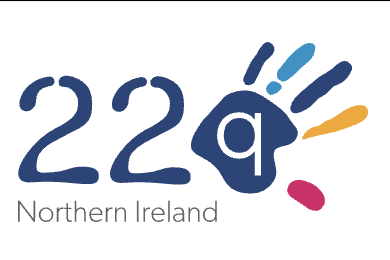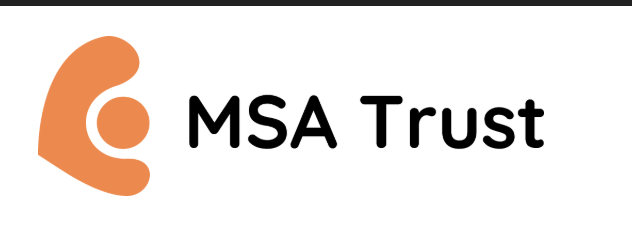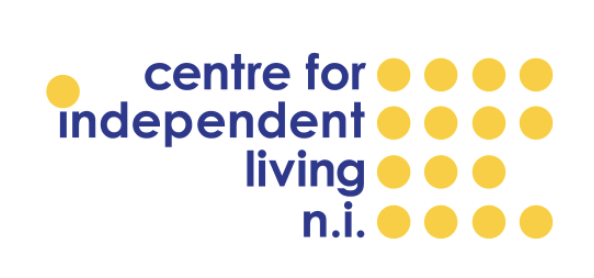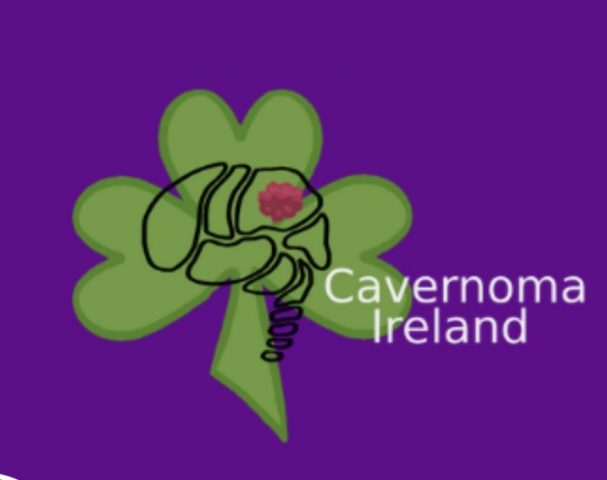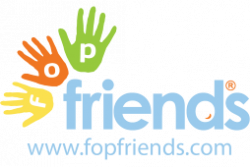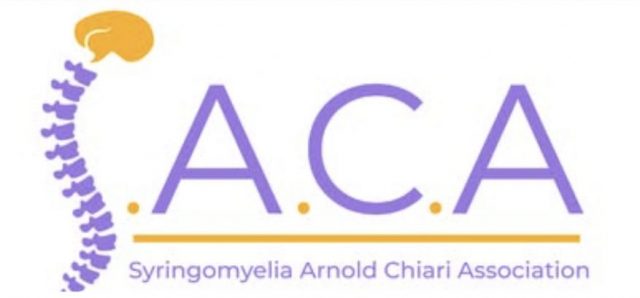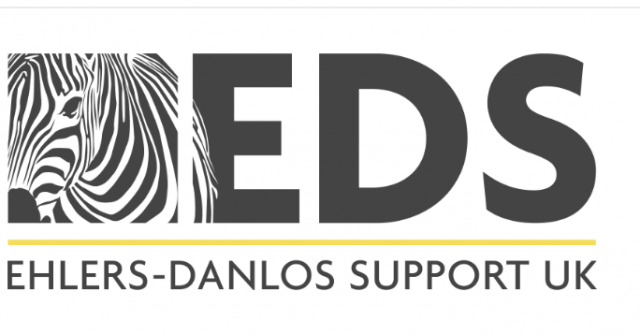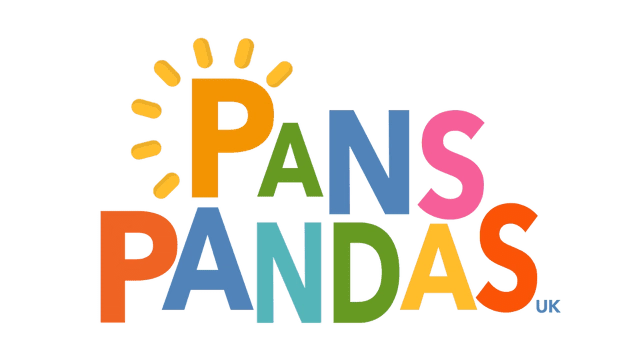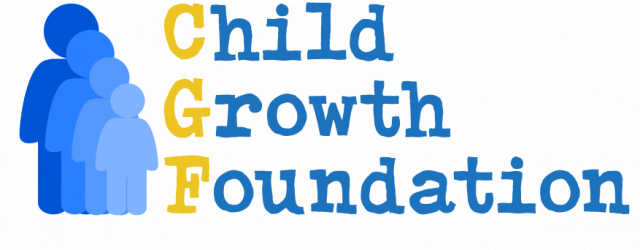Northern Ireland Rare Organisation Forum (NIROF)
“Uniting Voices, Accelerating Progress”
2. Background
At the All-Party Group on Rare Disease meeting in June, members highlighted ongoing challenges: organisations reaching out for collaboration often received no responses to their requests.
In response, NIRDP has invited all rare disease organisations working with people in Northern Ireland to join a shared forum. This platform will help organisations:
- Avoid working in isolation
- Pool limited resources and expertise
- Overcome fragmented data and small patient populations
Without collaboration, advocacy efforts are slowed, research opportunities are missed, and patient support remains inconsistent. A neutral, shared forum will enable organizations to coordinate, exchange knowledge, and take collective action to improve outcomes for people affected by rare diseases.
3. Mission Statement
“To unite rare disease organisations on a common platform, fostering collaboration, knowledge-sharing, and advocacy to improve patient outcomes and accelerate progress toward treatments.”
4. Objectives
- Collaboration: Create an inclusive network of rare disease groups.
- Knowledge Sharing: Develop a centralised resource hub for data, research findings, and best practices.
- Policy Advocacy: Strengthen the collective voice to influence healthcare policy and funding.
- Capacity Building: Offer training, mentorship, and support to emerging or smaller organisations.
- Research Support: Encourage joint projects, grant applications, and partnerships with industry or academia.
5. Platform Structure
- Online Hub – secure portal with discussion forums, document libraries, and event calendars.
- Annual Forum Event – reviews progress, sets yearly goals, and engages external stakeholders.
6. Membership Model
- Full Members: Rare disease patient organisations.
- Associate Members: Academic institutions, research centers, or nonprofits in related fields.
- Observers/Partners: Government bodies, regulators, or industry stakeholders (non-voting).
7. Expected Outcomes
- Coordinated advocacy campaigns on key policy issues.
- Shared repository of research data and patient resources.
- Stronger grant applications and funding opportunities.
- Increased awareness and visibility of rare diseases globally.

